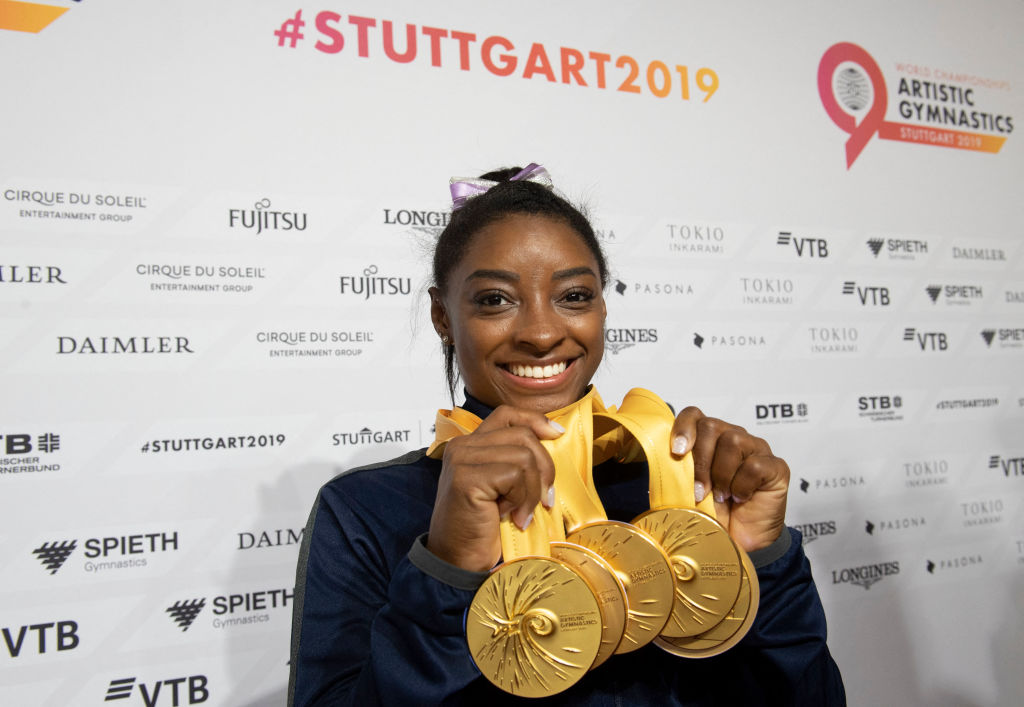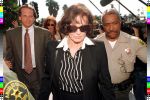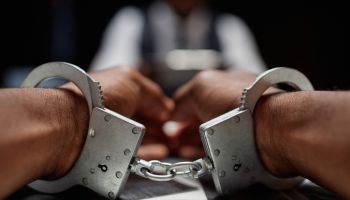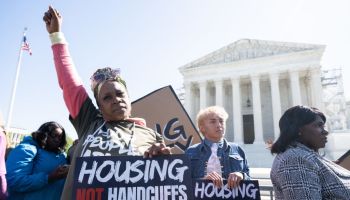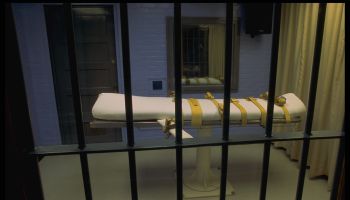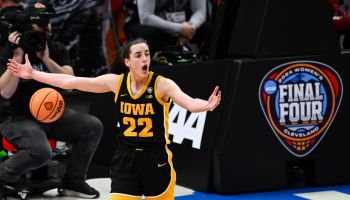When Barack Obama, our nation’s first sitting African-America President, declared his support for same-sex marriage several weeks ago, it set off an firestorm of sermons from Black ministers the following Sunday denouncing his announcement as an abominable offense.
SEE ALSO: Whitney Houston’s Family Grief Made Public
And, as we know all too well, the vast majority of Blacks who sat in their pastor’s pews that same Sunday morning were not pleased with him, either.
Want to Keep Up With NewsOne.com? LIKE Us On Facebook!
But, as CNN columnist LZ Granderson wrote in his recent article, “No Contradiction: I’m Black And Gay,” it doesn’t seem as if Blacks can sustain a continued stance of alienating gays out of a community that they were born into. “After all, a house divided against itself cannot stand, and gay people are, and always will be, living in this house,” Granderson, who is gay, wrote in his column.
“This house” can mean many things.
Think, for example, of the number of gay men who lead our congregations’ choirs. And also consider the high number of gays who sit in churches that bad-mouth their sexuality and, in the same service, kindly accept their offerings during the passing of the collection plate. James Baldwin, one of America’s all-time great writers, is also in “this house” of ours.
And let us not forget one of Dr. Martin Luther King Jr.’s top-right-hand men, Rustin Bayard. No matter how hard other King followers tried to alienate Bayard, he was too influential a community organizer to ignore. Thus, his spearheading of the “March On Washington,” widely considered the greatest protest march in American history.
The National Association for the Advancement of Colored People (NAACP), America’s oldest and most influential Black civil rights group, recently declared its support for same-sex marriage.
“Civil marriage is a civil right and a matter of civil law. The NAACP’s support for marriage equality is deeply rooted in the Fourteenth Amendment of the United States Constitution and equal protection of all people, said NAACP President Ben Jealous.
Granderson also noted that it is not a contradiction to be both Black and gay, something that been something of an oxymoron in our community. Though the CNN and ESPN writer has been an openly gay many for years now, he felt he had to make it public that both his Black and gay identities are not in conflict with one another:
It feels as if I’ve been living a double life all of these years, and I do not want to deceive you, or myself, any longer. The burden has become too heavy, the struggle to deny my true self, too great.
In order to be free I have tell you something. I am black.
I know; I should have told you sooner. But I was afraid. After all, I’ve already shared with you that I am gay and well, we all know a person can’t be both.
At least that’s how it feels the conversation is usually framed: There’s a black community and a gay community, and the two conflict and do not mix. Since President Obama voiced support for marriage equality and now the board of the NAACP has followed suit, the narrative is that the black community is trying to make room at the table for gay people.
But, to be honest, haven’t gay people always had a seat at the table of the Black community? From the frontlines of the Civil Rights Movement to the choirs of America’s leading Black churches, gays have always been sitting near us.
Like Granderson said in his column, we need to start recognizing that gays have always been one of the many threads that have been woven into the fabric of the Black American experience.
